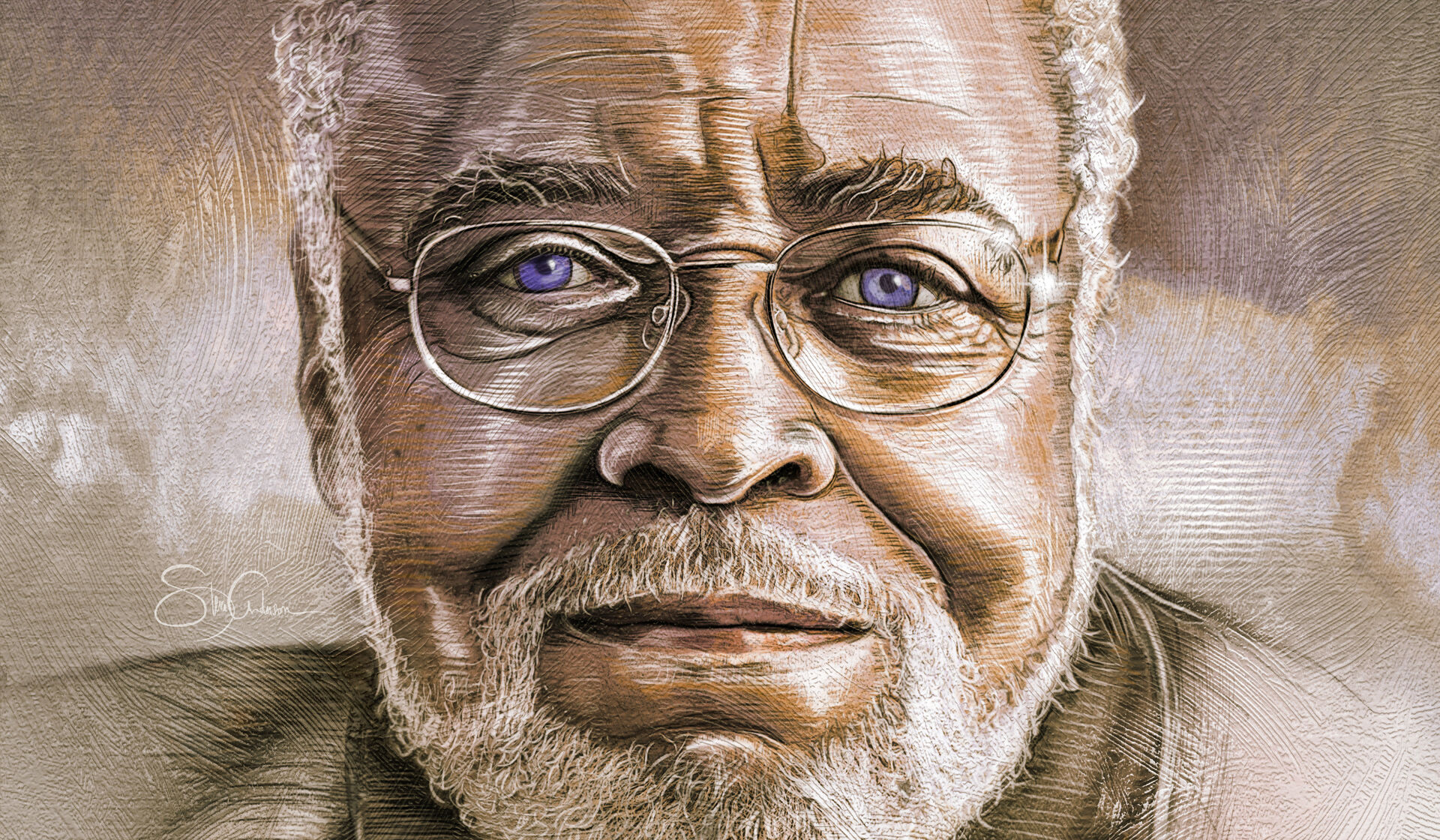 It’s not often that a U-M college class, in this case Sociology 295, turns into a book. In “Social Class Voices: Student Stories from the University of Michigan Bicentennial,” students wrote personal essays about growing up poor, middle class, and wealthy.
It’s not often that a U-M college class, in this case Sociology 295, turns into a book. In “Social Class Voices: Student Stories from the University of Michigan Bicentennial,” students wrote personal essays about growing up poor, middle class, and wealthy.
Co-edited by Dwight Lang, a U-M sociology lecturer, and Aubrey Schiavone, PhD’17, the book is filled with heartfelt accounts by Lang’s students of their home life, childhood, and experiences at U-M. Below are four excerpts.
Just Getting By
Yadah V. Ramirez, ‘17
“I grew up in Holland on the west side of Michigan. It is a small city that can be divided into urban, rural, and suburban areas. The rural areas made up most of the northside of the city. This is the part where most of the low-income and minority residents lived; this is where I lived in my childhood. A mobile home in a trailer park is what I called home for the first 13 years of my life. In our trailer, there was only one bedroom and it was shared between my parents, my sister, and me. Positioned in a small lot of land, this trailer was surrounded by others like it. It rested on ground covered in patches of brown grass. Heavy rainfall was the only chance for green grass, as our family could sometimes not even afford a gallon of milk let alone to water the lawn. The trailer park had a playground that became dangerous to visit as gangs started to congregate there.”
Seeking Stability
Ryann Oomen, junior
“I always knew what social class was about in my own little ways while growing up. I knew I had fewer things than other kids; I didn’t have a pool in my backyard or a tutor to prepare me for college. But I definitely didn’t really understand until I started college. Social class hit me like a brick within the first few days. I met so many new people from all over the country, many more people from places like New York, New Jersey, or Los Angeles than from places like Custer. I felt out of place right away as I began to realize there weren’t many people like me on campus. I struggled to make friends and most of the girls in my hall rushed sororities, another subject I had no clue about. I spent much of my freshman year just trying to get by socially. For the first time in my life, I felt so different from everyone else around me and I started understanding how social class trumps other factors like race and ethnicity.”
Laugh and Learn
Chris Crowder, senior
I’ve seen a lot of fellow students at the University of Michigan with tight pockets and those who spend freely. The first thing I noticed during my freshman year, was how frequently peers shopped during lectures. While I was taking notes, several were zoning in on their next purchase. All over MacBook screens were shoes costing over $200, plane tickets, fancy dresses, and suits bought with clicks of a button and glances at credit cards. There is no point in keeping up with the Joneses at Michigan. I can’t afford to. I also don’t have a desire to fit in since I was born to stand out. You see, I’m mixed: half black and half white.”
Growing Up Rich, but Not Knowing It
Abigail Siegal, junior
“I learned that it is more common for upper-middle-class and upper-class families to be more active; this is something I’ve noticed carries over to college. My friends who are more actively involved on campus are the same ones who suggest expensive restaurants when we go out to eat. Some student organizations involve huge time commitments and travel, others involve purchasing large amounts of expensive clothing, and some involve both. The biggest example of this is spring break. While some of us flew down to Florida for the past two years, others stayed at home, or chose travel to nearby places. This causes those invisible lines I mentioned, because there are inside jokes and stories that bond those of us who are able to travel together. The differences are also present with family travel. There is a distinction between families who travel to Europe, who fly within the United States, and who take road trips. There are places my family would fly to, while my friend’s family will make the drive instead.”





